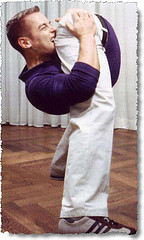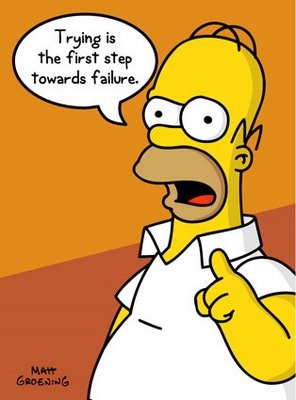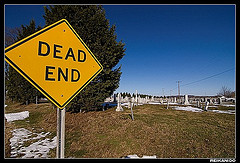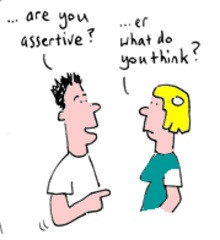Every kid on the planet goes through a phase in their young life when they dream of being a doctor, nurse, or veterinarian. In short, we all want to do something to help others in need. Many people hold on to this desire and use it to fuel a career in the medical or health industry. And yet, not everyone can jump right into being a doctor or nurse. Some people don’t have the grades while others lack the constitution. However, just because you can’t stand the sight of blood, or the thought of additional schooling sends you packing, doesn’t mean you have to give up on the core of your dream. There are plenty of ways to participate in the vast and diverse world of health care services that have nothing to do with anatomy classes or emergency rooms, and some of them might not even be a blip on your radar. Here are a few of the interesting options you may want to consider.
- Food Safety Specialist. With the growth of the fast food industry and the penchant for buying prepared meals, many people are in a pickle with their health (or maybe they’re just pickled with all the sodium and other additives found in packaged foods). Those who practice in the area of Environmental Health explore the impact of the foods we eat on our overall health and determine ways to improve the lives of patients (and public health in general) by promoting the reduction of pollution and environmental hazards, safety in the food supply as well as living conditions, and the consumption of natural foods.
Athletic Trainer. Believe it or not, sports medicine is a growing field that is no longer just for athletes. Physical therapists work with all kinds of patients to help heal or avoid injury, and athletic trainers in particular do this through individualized exercise routines that advocate peak physical condition. This career requires only certification, although there are options for continuing education.
Forensic Scientist. That’s right; those guys on CSI who investigate crime scenes are not only police detectives, they are also medical specialists. Doctors, dentists, and toxicologists can all play a role in crime scene investigations, but forensic scientists often cover all of these fields and generally have a background in such areas as anatomy, biology, chemistry, law, physics, and psychology. In short, it requires a well-rounded person with meticulous attention to detail and a mind for solving mysteries (plus the ability to examine dead bodies).
Cytotechnologist. This is an allied health profession that is highly specialized and it involves the study of cells in a laboratory setting. You’ll never have to work with patients if you choose this occupation, but your findings will be used by pathologists to determine their treatments, so you’re still doing your small part (microscopic, in fact) to contribute to the continuing health of a variety of patients.
Art Therapist. Although this may sound like a made-up job, Career Builder listed it as one of the top jobs a couple of years ago. Those who practice this profession will help patients to resolve internal conflicts through artistic creativity in order to reach a state of emotional well-being. It is used to treat a variety of problems, from depression to substance abuse to relationship issues and believe it or not, it is totally legitimate.
Sarah Danielson writes for a medical careers website where you can find tips, advice, and the latest news about jobs in the medical field.
| Visit Our Bookstore for Great Values! |
|---|
 101 Tips Every Job Seeker Should Know |
 The Ultimate Online Job Seekers eBook |
 10 Biggest Interview Mistakes |
 10 Biggest Resume Mistakes |
|---|
| Check out these hot articles! |
|---|






![Higher Learning Leads to Higher Earnings, Especially for Men [InfoGraphic] Higher Learning Leads to Higher Earnings, Especially for Men [InfoGraphic]](../4022/4340939642_374fbff6e3_m.jpg)









12 Responses to “Careers in the Medical and Health Industry You Probably Never Heard Of”